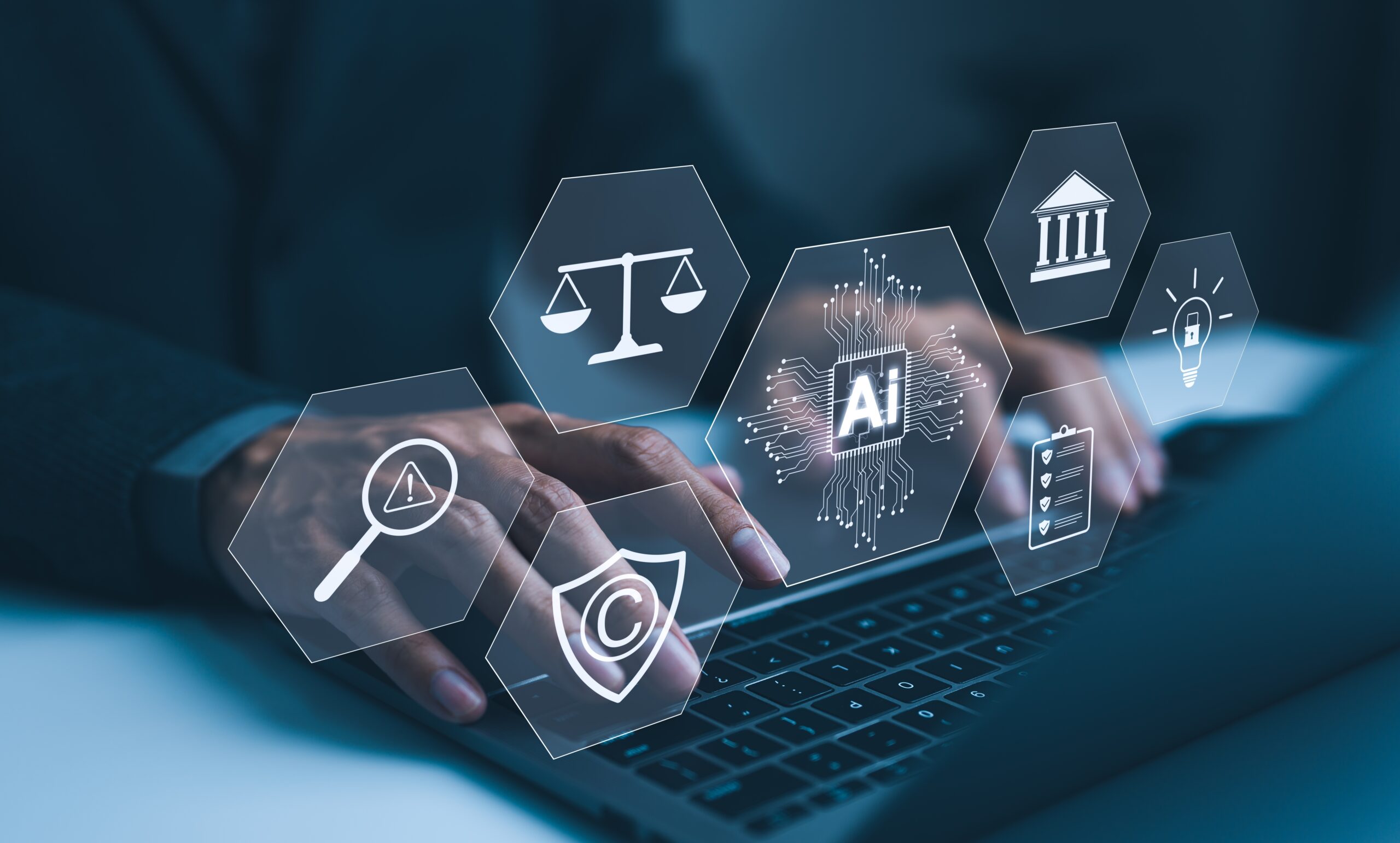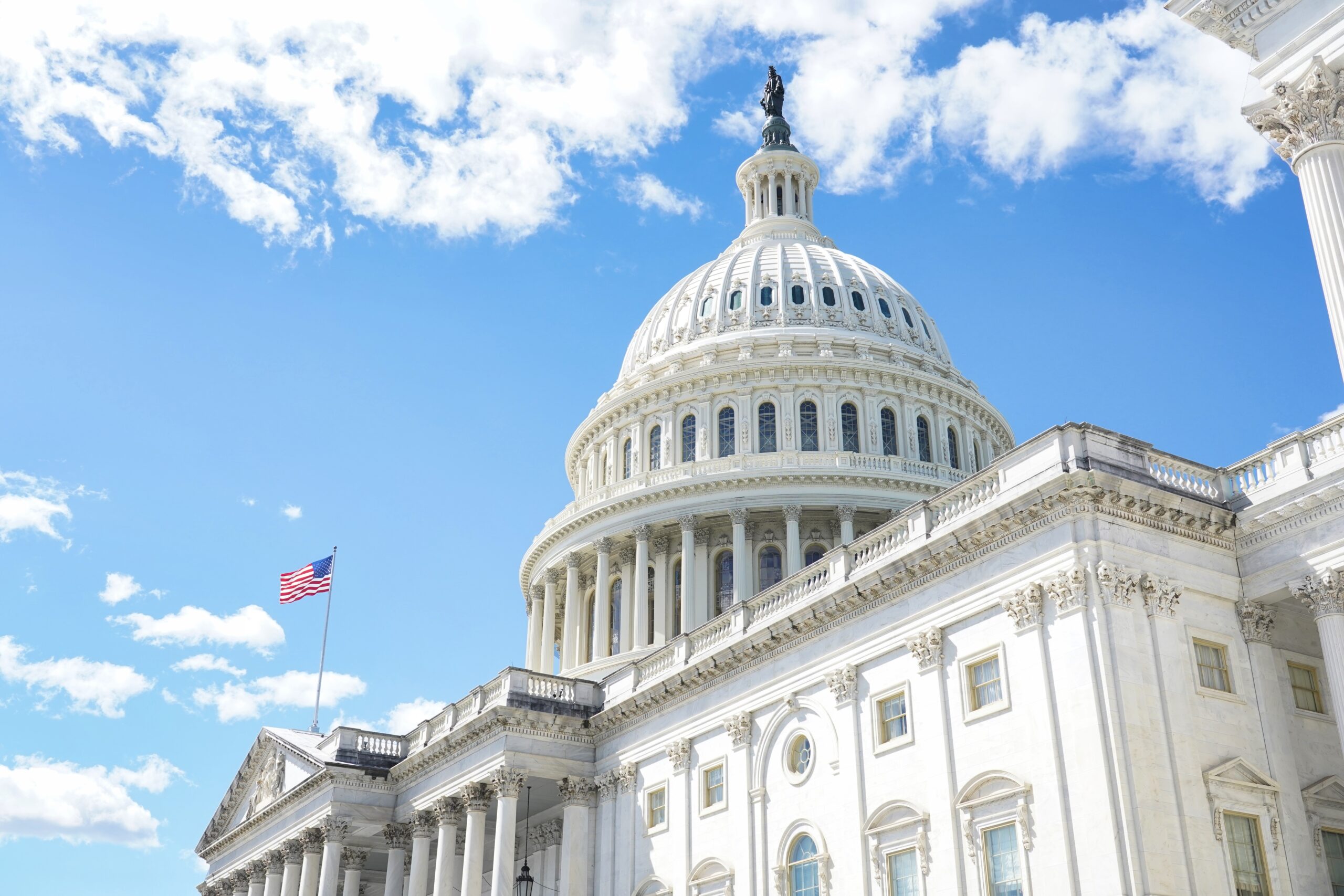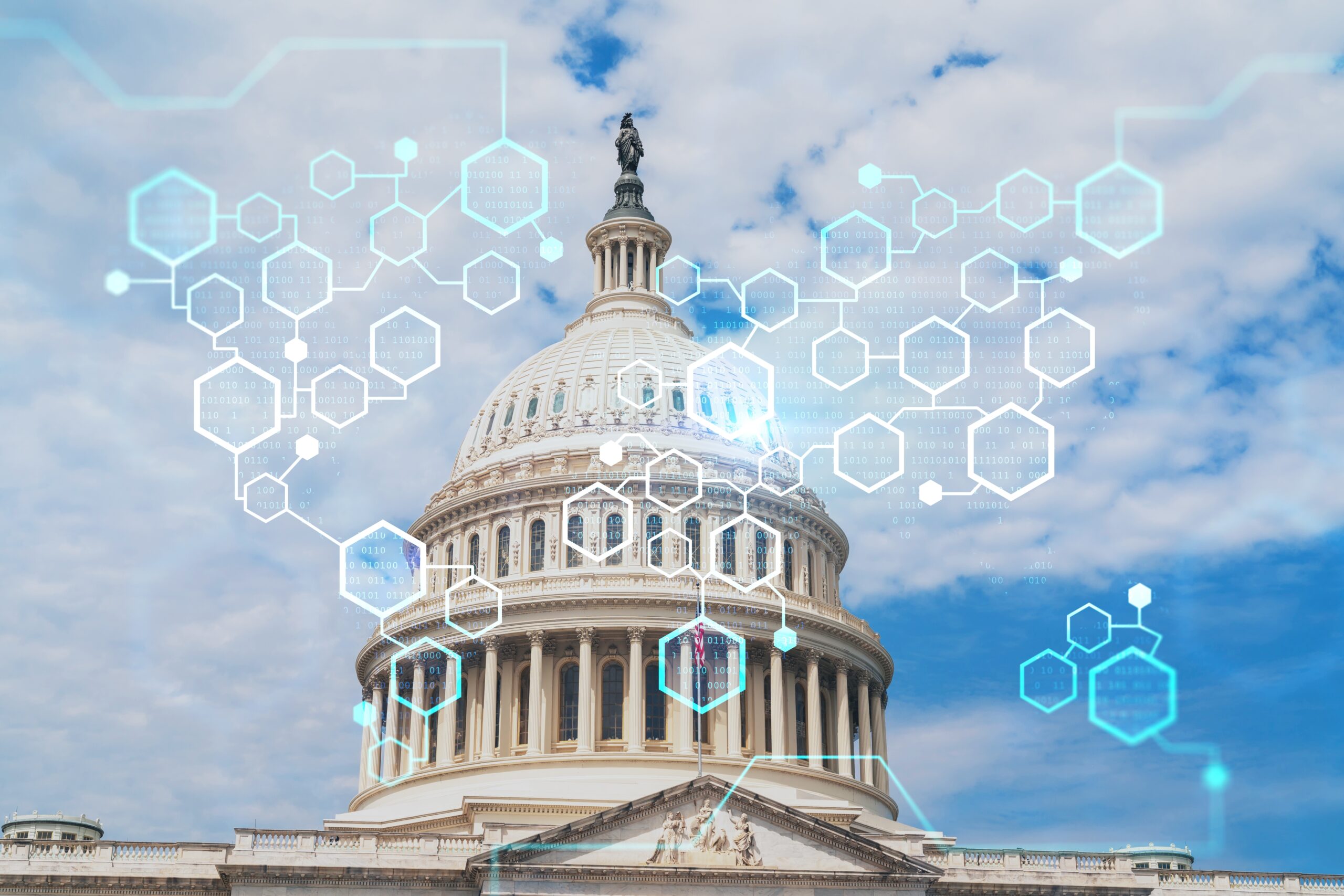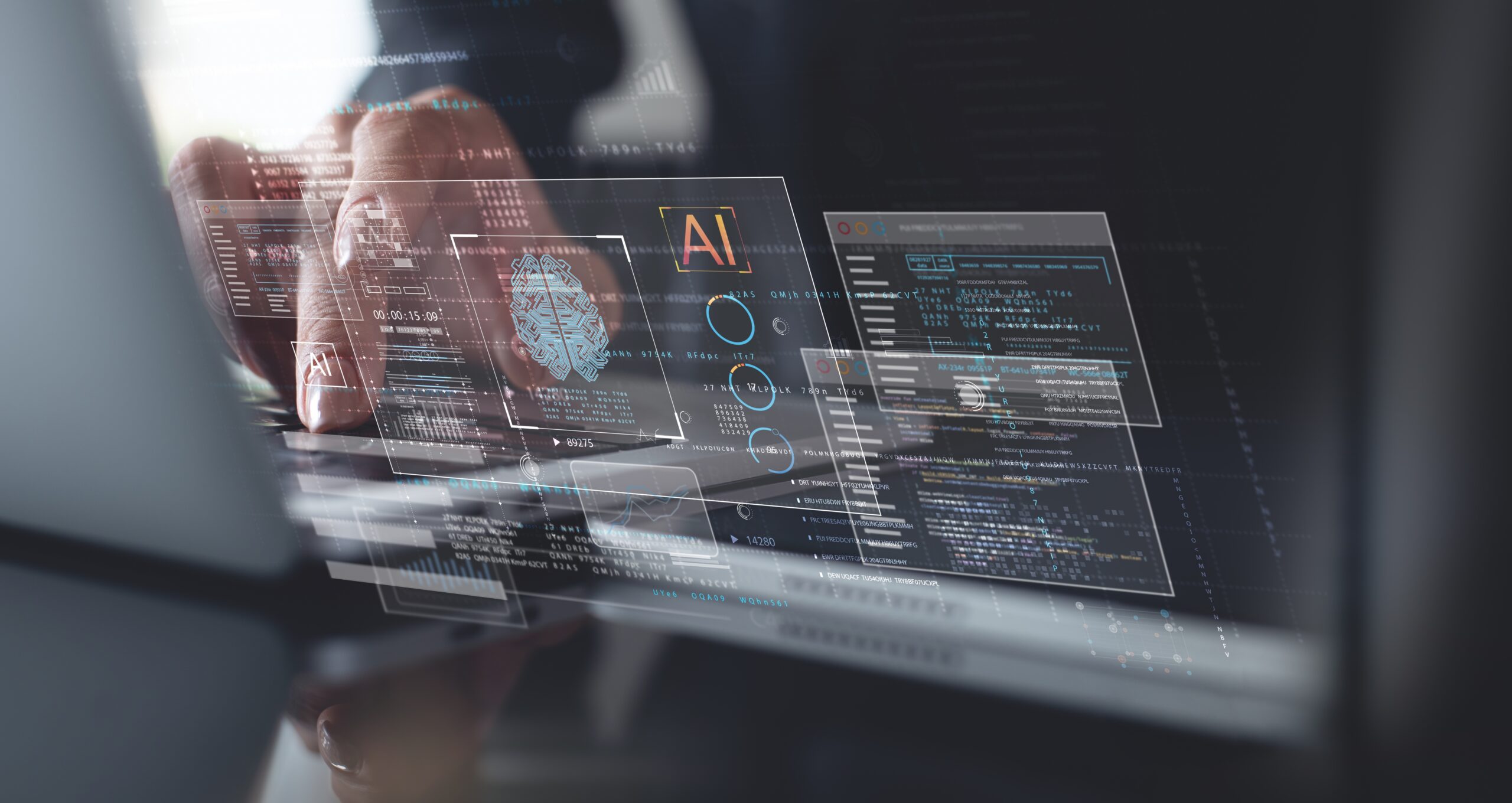
Doug Miller

Sylvia Klasovec (Kingsmill), BA, LLB

FPF Submits Comments to Inform New York Children’s Privacy Rulemaking Processes
At the end of the 2024 legislative session, New York State passed a pair of bills aimed at creating heightened protections for children and teens online. One, the New York Child Data Protection Act (NYCDPA), applies to a broad range of online services that are “primarily directed to children.” The NYCDPA creates novel substantive data […]

Regulatory Strategies of Data Protection Authorities in the Asia-Pacific Region: 2024, and Beyond
The Asia-Pacific (APAC) region has emerged as a dynamic and rapidly evolving landscape for data protection regulation. As digital economies flourish and cross-border data flows intensify, data protection authorities (DPAs) across the region are grappling with complex challenges posed by technological advancements, changing business practices, and evolving societal expectations regarding privacy. This Report provides a […]

FPF Unveils Report on Emerging Trends in U.S. State AI Regulation
Today, the Future of Privacy Forum (FPF) launched a new report—U.S. State AI Legislation: A Look at How U.S. State Policymakers Are Approaching Artificial Intelligence Regulation— analyzing recent proposed and enacted legislation in U.S. states. As artificial intelligence (AI) becomes increasingly embedded in daily life and critical sectors like healthcare and employment, state lawmakers have […]

Call for Nominations: 15th Annual Privacy Papers for Policymakers Award
Future of Privacy Forum Award Elevates Privacy Research to Inform Policy Discussion September 9, 2024 —The Future of Privacy Forum (FPF) invites scholars and authors with an interest in privacy issues to submit finished papers to be considered for its 15th annual Privacy Papers for Policymakers (PPPM) Awards. The award provides privacy and data protection […]

Comments Submitted to the FCC on Disclosure and Transparency of AI-Generated Content in Political Advertisements
The Future of Privacy Forum (FPF) submitted comments in response to the Federal Communications Commission’s (FCC, or Commission) Notice of Proposed Rulemaking (NPRM) on the use of artificial intelligence (AI) to generate content for political advertisements.

Privacy Roundup from Summer Developer Conference Season 2024
Ahh, summer. A time for hot dogs, swimming pools, and software developer conferences. For third-party application developers to deliver new tools with the best features for the lucrative fall quarter, they must have access to all the APIs and tools by the summer before. This has meant that early summer has become known as a […]

